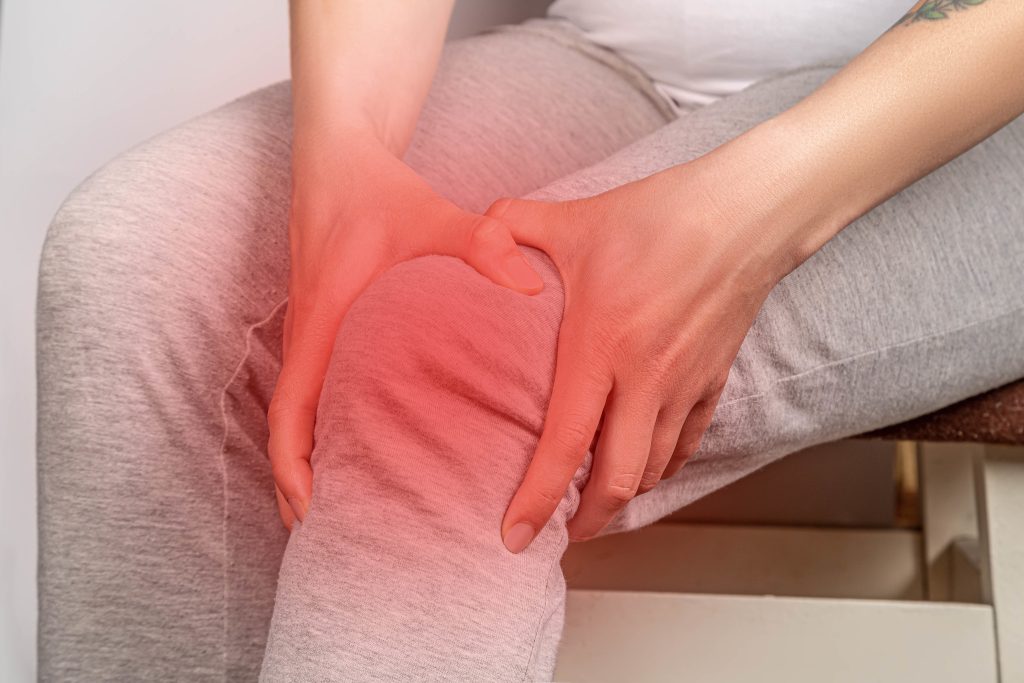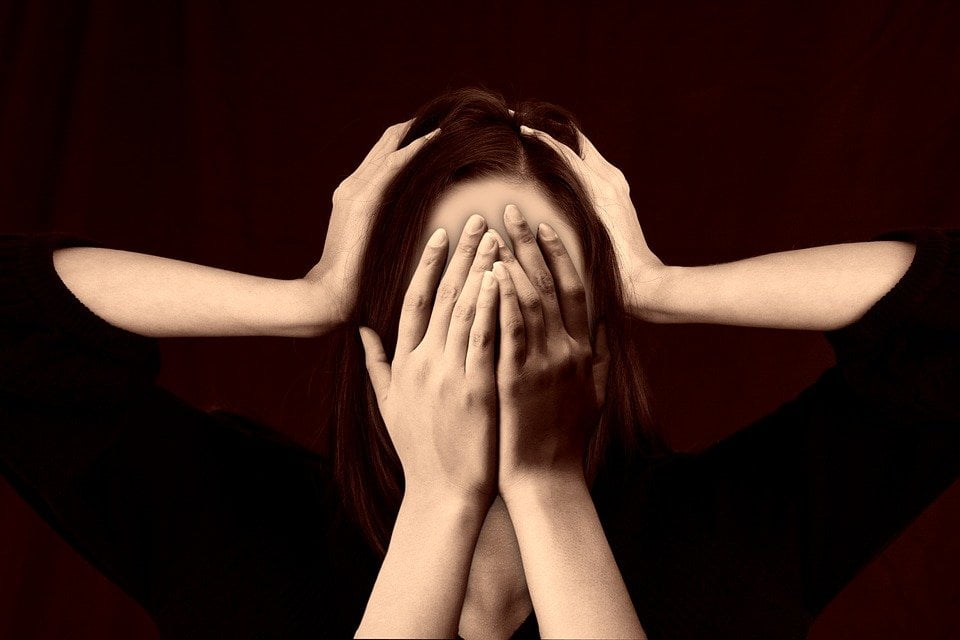Often people associate their poor health with changes in the weather - temperature changes, an approaching storm, a drop or increase in atmospheric pressure. We decided to check whether there is scientific evidence that our well-being depends on the weather or whether it is rather self-hypnosis.
On the Internet Can find not alone ten advice, How cope with With weather dependence. About upcoming changes in the weather and related manifestations in well-being warn even presenters weather forecasts and weather forecasters. Media publish messages, on which days are it better for weather-dependent people? abstain from loads. Even terms are invented for certain reasons for poor health: "baric bottom" called too great a drop in atmospheric pressure, and "pressure saw" - his races. Usually weather dependent People list following symptoms weather-related ailments: headaches, migraine attacks, nausea, weakness, dizziness, increased or decreased blood pressure, insomnia or drowsiness, joint pain.
In the International Classification of Diseases, 10th revision no mention weather dependence, not planned introduction of the term in the 11th version, transition to which started in our country from 2021. However, a simple understanding of a school physics course suggests that, for example, a change in atmospheric pressure (that is, the pressure outside) should somehow affect arterial pressure (that is, the pressure inside). Scientists are conducting a lot of research to determine whether weather conditions affect our well-being, and if so, how.
Large study conducted by specialists from the University of Manchester in the UK. Over the course of 15 months, they monitored the well-being of 13,000 volunteers with chronic pain. Participants rated their daily pain levels in an app that had access to their GPS data, so that scientists could then compare their well-being data with weather events. As a result, more than 5 million pairs of messages were registered in the system: about the level of pain and about the weather at the time of assessment. The researchers observed that on days with high humidity, low pressure and strong wind, participants rated their pain as more intense.
At the same time, the observations of British scientists contradict the data of American doctors. Overseas colleagues compared number of visits to doctors 1,552,842 patients aged 65 years and older, who made a total of 11,673,392 visits to a general practitioner. Patients had at least one of the following diagnoses: rheumatoid arthritis, osteoarthritis, spondylosis, intervertebral disc disease, or other non-traumatic joint disorder. The scientists wondered whether the number of visits was actually higher on days with bad weather by a statistically significant amount. As a result, out of more than 11 million requests, only a little more than 2 million (that is, 18%) occurred on days with precipitation or a drop in atmospheric pressure.
More modest in number of participants (only 200 people), but similar in methodology study showed the opposite result. Patients with knee osteoarthritis reported consistent associations of changes in ambient pressure and temperature with pain severity. A comparison Data from 993 patients presenting to Australian clinics with an episode of acute back pain and meteorological parameters on the day of presentation again showed no pattern.

At the same time, all researchers are far from being categorical in their conclusions: neither the presence of a correlation nor its absence can be considered, in their opinion, an exhaustive answer. Further research is needed to establish whether the increase in joint pain is dependent on the weather.
Dr. Robert Shmerling of Harvard Medical School assumes, that such contradictory data can be explained by a feature of the human psyche: “People have the remarkable ability to remember when two things happen or change together (for example, rainy, cloudy weather and joint pain), but pay less attention when these events do not happen together. That rainy day when you didn't feel better or worse is unlikely to be so noticeable that you remember it."
It is important to note that for some diseases there is an established dependence on the weather. For example, Mayo Clinic specialists clearly confirm relationship between worsening depressive conditions and weather, noting an increase in visits in late autumn on days with bad weather and a decline in spring and summer, as well as on sunnier days. There is also data about a similar relationship with respect to cognitive decline in patients with Alzheimer's disease.
Additionally, there is consistent evidence linking weather and migraine attacks. Scientists from the Mayo Clinic already mentioned above notethat weather changes can affect the synthesis of certain substances in the brain and their balance, most notably serotonin. Japanese scientists also noticedthat even slight fluctuations in atmospheric pressure provoke exacerbations of migraines in patients. This is due not only to chemical imbalance, but also to completely physical patterns. There are four sinuses in the bones of the skull: paired (maxillary and frontal) and unpaired (sphenoid and cavernous). A change in atmospheric pressure leads to a change in pressure in these sinuses, which is subjectively felt by the patient as a headache. An increase in air humidity, in turn, provokes an increase in the amount of mucus produced by the cells lining the sinuses, which is also felt as an unpleasant and painful feeling located in the head. Specialists from the American National Headache Foundation think weather is responsible for 50–60% of all migraine attacks that occur.
Thus, doctors will not enter weather dependence as a diagnosis into either the medical record or the hospital note, but weather changes can definitely provoke headaches, exacerbation of mental disorders and deterioration in patients with neurodegenerative diseases. But there is no scientific consensus yet regarding whether or not joints and bones can ache in bad weather.

Half-truth
Read on the topic:
If you find a spelling or grammatical error, please let us know by highlighting the error text and clicking Ctrl+Enter.






